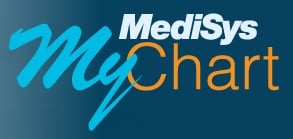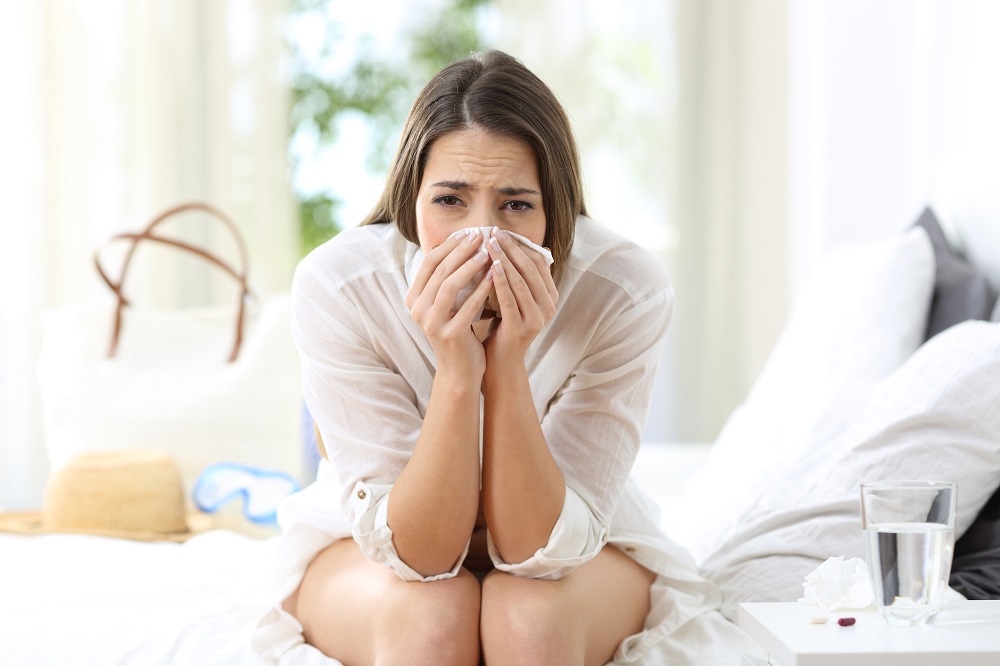 For many years, Jamaica Hospital Medical Center has offered our patients the opportunity to better manage their health care and interact with their providers, through the MyChart patient portal.
For many years, Jamaica Hospital Medical Center has offered our patients the opportunity to better manage their health care and interact with their providers, through the MyChart patient portal.
Access to MyChart accounts has always required a patient’s physician to provide them with a special access code. Now, thanks to our partnership with Experian, our patients can create their very own MyChart account without needing an access code. For patients to create an account, they simply click the link to the MediSys MyChart website: https://mychart.medisys.org and click on the “sign up now” tab.
The new Experian verification process is much easier and will give patients quicker access to their chart, allowing them to take any number of actions, including:
- Reviewing their medications, immunizations, allergies, and medical history
- Reviewing test results online
- Reviewing health education topics and discharge instructions
- Requesting prescription refills online
- Interacting with your provider via email
- Requesting an appointment
- Linking to family medical records
We hope that this new method of creating an account will encourage more patients to sign-up. By offering our patients easier access to their records, we feel they will become better educated and empowered to take a more active role in their health and the health of their family, which we feel will lead to a healthier patient population.
All content of this newsletter is intended for general information purposes only and is not intended or implied to be a substitute for professional medical advice, diagnosis or treatment. Please consult a medical professional before adopting any of the suggestions on this page. You must never disregard professional medical advice or delay seeking medical treatment based upon any content of this newsletter. PROMPTLY CONSULT YOUR PHYSICIAN OR CALL 911 IF YOU BELIEVE YOU HAVE A MEDICAL EMERGENCY.





